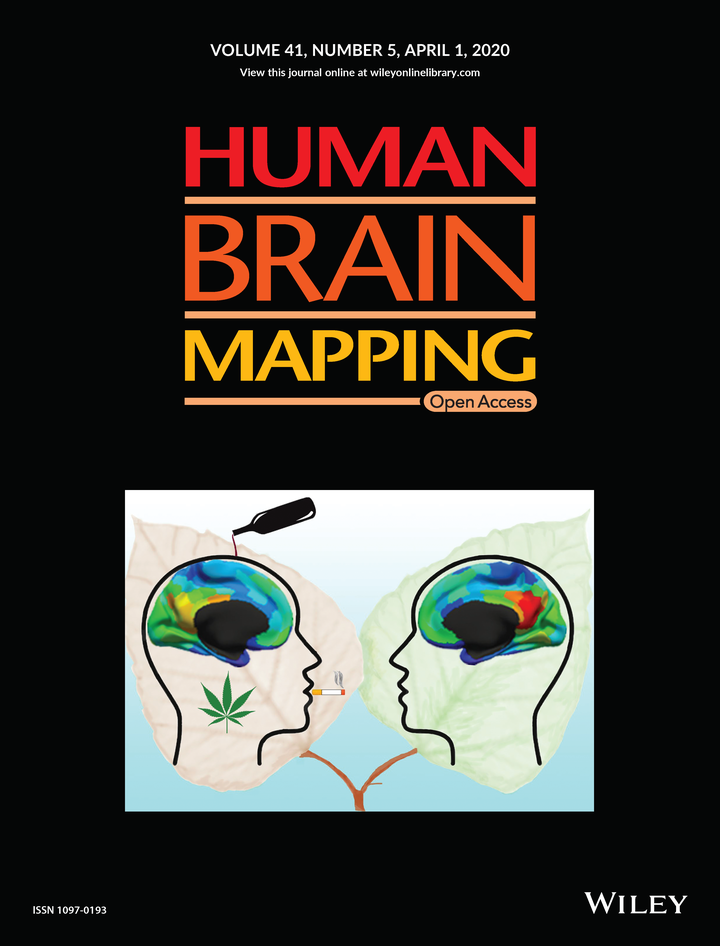Maximizing dissimilarity in resting state detects heterogeneous subtypes in healthy population associated with high substance use and problems in antisocial personality

Abstract
Resting-state functional magnetic resonance imaging (rs-fMRI) has been widely used to study the differences in brain activation pattern between healthy individuals and patients with brain disorders. Given the rs-fMRI of healthy individuals constitutes the baseline for comparison, it is important to establish if healthy individuals have a consistent pattern of rs-fMRI. Kashyap and colleagues (2020) examined the dissimilarity of rs-fMRI within healthy individuals using a tensor decomposition algorithm. Within the rs-fMRI of healthy individuals, they found a subgroup of individuals whose rs-fMRI patterns were different. The subgroup of healthy individuals had higher use of alcohol, tobacco, marijuana, illicit drugs, and had a predisposition towards antisocial personality problems. The heterogeneity within healthy individuals highlights the importance of considering the lifestyle habits and psychological factors of healthy individuals. This study puts forward several important parameters for comparison studies to start to consider when recruiting healthy control group.